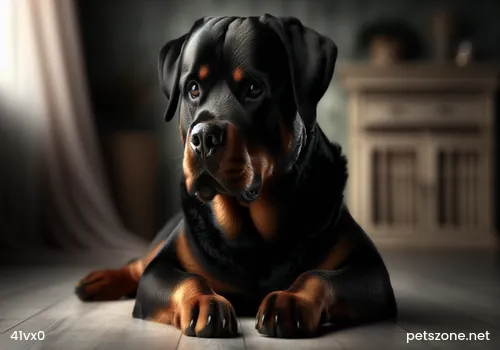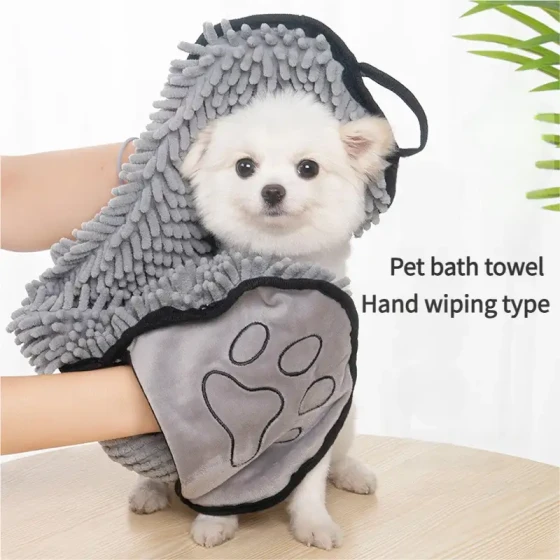Care Knowledge for Pharaoh Hound

Pharaoh Hound (detailed introduction)
Although Pharaoh Hounds can adapt to hot summers, it does not guarantee that the dog is not afraid of heat. After all, all dogs have no sweat glands on their skin and cannot sweat through the capillaries in their skin like humans. How should Pharaoh Hounds be properly raised in hot summers?
1. Plenty of water to prevent heatstroke
Water should be provided all day long, and the water should be changed daily to keep it clean. After exercising in high temperatures, dogs need a lot of water to dissipate heat and quench thirst. At this time, owners must give cool water, not ice water, to avoid stomach irritation. It is best to take them outside in the morning or evening, and try to let them play in the shade. Water is an essential nutrient for dogs; when dehydrated by 20%, dogs face life-threatening risks.
Cases of dogs dying from heatstroke frequently occur both domestically and abroad. When you notice your dog panting with its mouth wide open, foam at the mouth edges, losing balance while walking, confused consciousness, and appearing weak, it is very likely heatstroke. You should lower its body temperature as soon as possible by rinsing its body with cool water or placing it in a cool bath.
2. Do not leave pets alone in cars
Car temperatures are very high in summer, and the heat is hard to dissipate. Even slightly opened windows are not enough, which easily causes pet heatstroke. When you come back and find your pet unconscious, it might already be too late.
3. Pet air conditioning sickness
Pets staying in air-conditioned environments for too long can suffer from air conditioning sickness. Symptoms mainly include sneezing and runny nose, lethargy, loss of appetite, or refusal to eat and drink. It looks similar to a cold but is much more serious. In severe cases, body temperature rises, breathing and heart rate increase, and sudden death may even occur. Therefore, owners should not let pets sleep directly under AC vents and preferably place them where there is natural ventilation. Also, after bathing pets, do not let them be directly exposed to air conditioning.
4. Proper summer grooming
In summer, regularly clean the hair on pets’ paw pads and belly to help dissipate heat; trim the ear hair of long-eared dogs to prevent mite infestation. It is best to bathe and brush dogs weekly to prevent skin diseases. Do not expose dogs to direct sunlight after bathing; dry them first. When trimming, avoid cutting hair too short, because an appropriate amount of hair can block UV rays. Also, pay attention to different grooming methods for different breeds to provide each dog with a suitable summer look. Don’t think dogs don’t care about their appearance— a beautiful look can increase their appetite! If dogs dislike their new image, they may become depressed, shy, or even suffer from depression.
5. Personal advice: prevent heartworm disease and avoid mosquito and flea bites.
Hope you take good care of your beloved pet and have a happy summer together.
6. Regular external deworming
Summer is the peak season for fleas and lice. Fleas and lice not only damage the skin of dogs and cats, causing scratching, but also bite people. Therefore, regular deworming is essential.


